White House to Address Concerns Over Green Card Delays
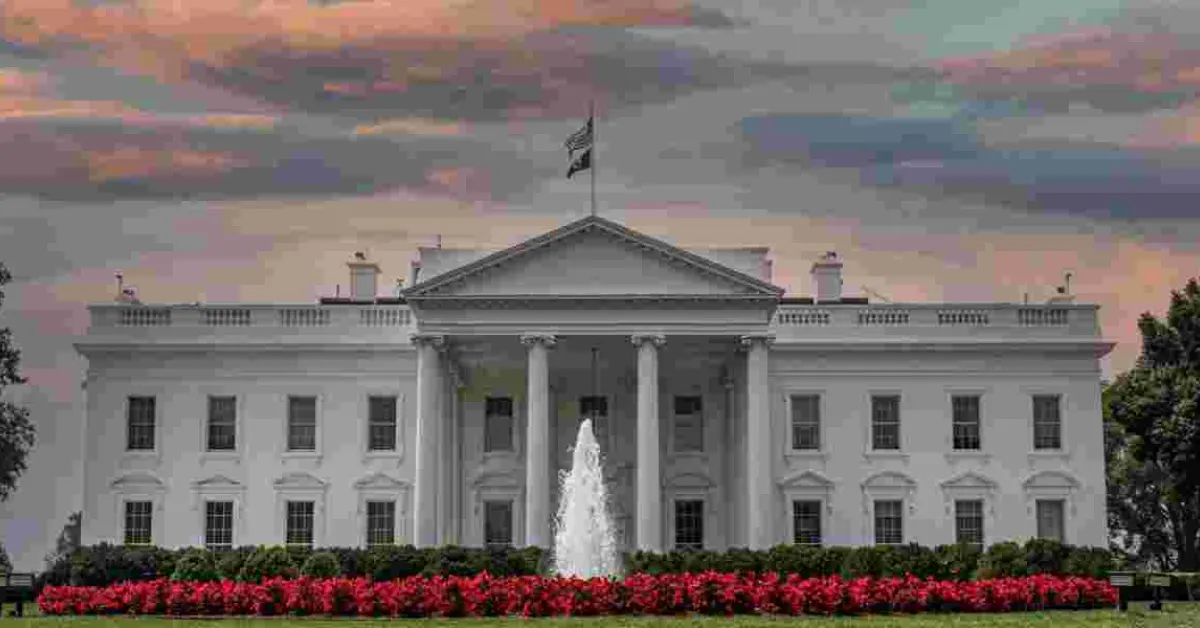
The White House has acknowledged concerns surrounding the legal immigration system and outlined steps to address them.
These initiatives aim to improve the fairness, efficiency, and integrity of the system, particularly regarding the H-1B visa program and green card processing. The Department of Homeland Security (DHS) recently implemented a final rule designed to strengthen the H-1B visa program. This rule aims to reduce potential fraud and ensure unbiased outcomes for applicants. Additionally, the US Citizenship and Immigration Services (USCIS) recently introduced "myUSCIS" accounts, enabling organizations and legal representatives to collaborate more effectively on H-1B registrations, petitions, and forms. This streamlined approach is mandatory for the upcoming H-1B Electronic Registration Process.
The H-1B visa is a crucial tool for companies seeking to hire highly skilled foreign workers in speciality occupations. However, the system has faced criticism for being complex, slow, and susceptible to abuse. The recent changes aim to address these concerns while ensuring that the program continues to attract talented individuals who contribute significantly to the US economy.
Navigating the H-1B Registration Process
The H-1B registration period for the fiscal year 2025 is open from March 6th to March 22, 2024. During this timeframe, individuals seeking an H-1B visa must electronically register each beneficiary through a USCIS online account and pay the associated registration fee. Additionally, starting with the initial registration period for FY 2025, valid passport or travel document information will be mandatory for each beneficiary.
Furthermore, USCIS is launching online filing for certain H-1B petitions in March 2024. This initiative aims to improve efficiency and expedite the processing of applications. USCIS also offers informational sessions, known as "Tech Talks," to assist organizations and legal representatives in navigating the new H-1B registration and filing process.
Addressing Green Card Backlogs
Another pressing issue within the legal immigration system is the significant backlog of green card applications. A recent study by the Cato Institute highlights the magnitude of the problem, estimating that only 3% of current applicants will obtain permanent residency by 2024. While the White House acknowledges this challenge and emphasizes its commitment to finding solutions, specific details regarding potential remedies are not yet available. However, the administration's focus on improving the legal immigration system as a whole suggests a potential pathway towards addressing the green card backlog in the future.
Looking Ahead
The White House's recent actions demonstrate a commitment to addressing concerns within the legal immigration system. The H-1B visa program reforms and efforts to streamline the application process aim to enhance fairness and combat fraud. While challenges remain, particularly regarding the green card backlog, the administration's commitment to finding solutions offers hope for those navigating the complexities of the legal immigration system.

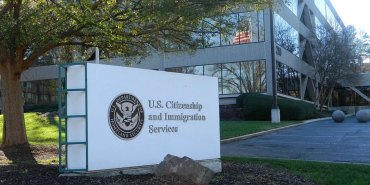
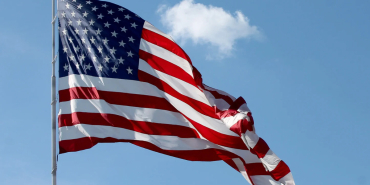


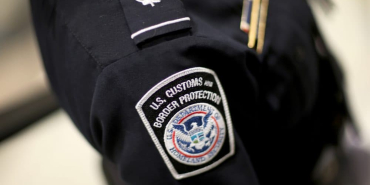

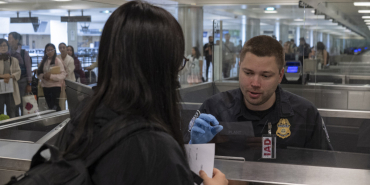
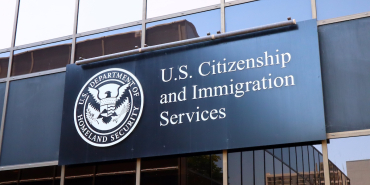
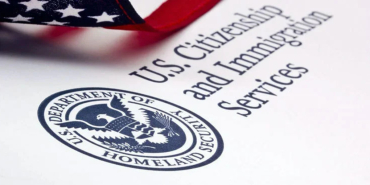


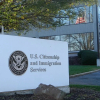

Add new comment